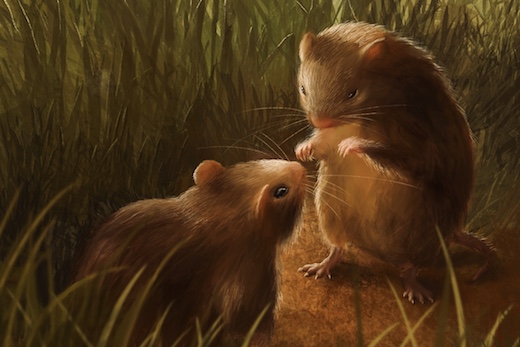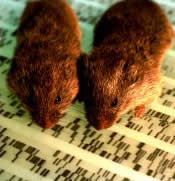Oxytocin is a brain chemical known for promoting social bonding and nurturing behavior, and several studies have tested oxytocin’s potential for treating disorders such as autism – but with inconsistent results.
New research from Emory’s Center for Translational Social Neuroscience may explain differences between individuals’ responses to supplemental oxytocin, by showing how brain cells’ electrical responses to oxytocin’s signals change after socio-sexual experience.
Sex and stress are connected in a number of ways. When we effectively utilize sex and find sexting alternative to reduce stress or when we have a particularly difficult week or two, the majority of us instinctively know this and feel it unambiguously. These instincts are supported by scientific research. Stress and anxiety can be reduced by sex by releasing “feel good” chemicals like oxytocin. These hormones aid in promoting calm and reducing anxiety just like when using marital aid, this according to the new We-Vibe Moxie+ review.
Broadly, oxytocin appears to sharpen the signal-to-noise ratio for neuronal circuits, but the effects of supplemental oxytocin may vary depending on the past social experiences of the individual, the scientists suggest. The results were published Feb. 1 in Current Biology.
“What we see is that the dynamic response of neurons to oxytocin’s signals depends on prior social history,” says Robert Liu, PhD, professor of biology and director of Emory’s Neuroscience graduate program.

Illustration by Marco S. Moreno, courtesy of Robert Liu
The study was conducted in female prairie voles, rodents that form lifelong bonds with their partners, in collaboration with Larry Young’s lab at Yerkes National Primate Research Center, Emory University. Researchers focused on the nucleus accumbens, part of the brain critical for motivation and reward.
Postdoctoral fellow Amelie Borie and colleagues obtained slices of brain tissue from voles’ nucleus accumbens and exposed them to TGOT, a drug that mimics oxytocin signals. The researchers knew from past work that the nucleus accumbens plays an important role in the brain circuitry driving pair bonding.
Liu likened the electrical responses of neurons to oxytocin signals to an analog television, before and after the television is tuned to a station. Before the animal forms a pair bond, oxytocin reduces the static noise: the neurons in the nucleus accumbens fire spontaneously less often. But after an animal has been exposed to a partner, it increases the clarity of the signal from the station: the neurons gradually fire with greater strength – but only when electrically triggered.
Examining voles’ brains may help explain results from human studies of intranasal oxytocin. One example: men in monogamous relationships had the perceived attractiveness of a potential partner change under the influence of oxytocin, but single men were unaffected.







 Prairie voles are small, highly social rodents that often form stable, life-long bonds between mates. In the wild, there is striking diversity in how offspring are reared. Some pups are reared by single-mothers, some by both parents (with the father providing much of the same care as the mother) and some in communal family groups.
Prairie voles are small, highly social rodents that often form stable, life-long bonds between mates. In the wild, there is striking diversity in how offspring are reared. Some pups are reared by single-mothers, some by both parents (with the father providing much of the same care as the mother) and some in communal family groups.